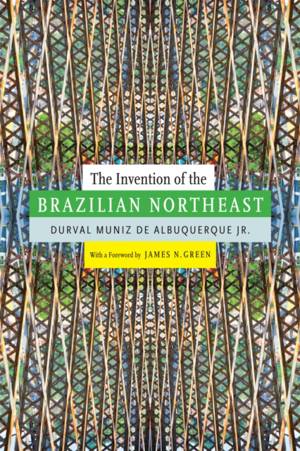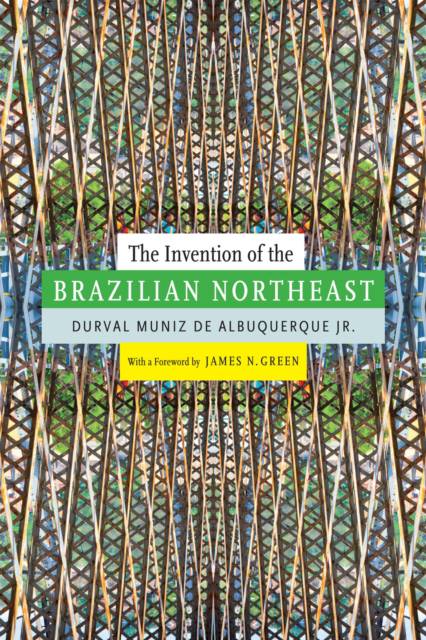
- Afhalen na 1 uur in een winkel met voorraad
- Gratis thuislevering in België vanaf € 30
- Ruim aanbod met 7 miljoen producten
- Afhalen na 1 uur in een winkel met voorraad
- Gratis thuislevering in België vanaf € 30
- Ruim aanbod met 7 miljoen producten
Zoeken
The Invention of the Brazilian Northeast
Durval Muniz de Albuquerque
€ 56,45
+ 112 punten
Uitvoering
Omschrijving
Brazil's Northeast has traditionally been considered one of the country's poorest and most underdeveloped areas. In this impassioned work, the Brazilian historian Durval Muniz de Albuquerque Jr. investigates why Northeasterners are marginalized and stereotyped not only by inhabitants of other parts of Brazil but also by nordestinos themselves. His broader question though, is how "the Northeast" came into existence. Tracing the history of its invention, he finds that the idea of the Northeast was formed in the early twentieth century, when elites around Brazil became preoccupied with building a nation. Diverse phenomena--from drought policies to messianic movements, banditry to new regional political blocs--helped to consolidate this novel concept, the Northeast. Politicians, intellectuals, writers, and artists, often nordestinos, played key roles in making the region cohere as a space of common references and concerns. Ultimately, Albuqerque urges historians to question received concepts, such as regions and regionalism, to reveal their artifice and abandon static categories in favor of new, more granular understandings.
Specificaties
Betrokkenen
- Auteur(s):
- Uitgeverij:
Inhoud
- Aantal bladzijden:
- 296
- Taal:
- Engels
- Reeks:
Eigenschappen
- Productcode (EAN):
- 9780822357858
- Verschijningsdatum:
- 17/10/2014
- Uitvoering:
- Paperback
- Formaat:
- Trade paperback (VS)
- Afmetingen:
- 152 mm x 226 mm
- Gewicht:
- 408 g

Alleen bij Standaard Boekhandel
+ 112 punten op je klantenkaart van Standaard Boekhandel
Beoordelingen
We publiceren alleen reviews die voldoen aan de voorwaarden voor reviews. Bekijk onze voorwaarden voor reviews.











